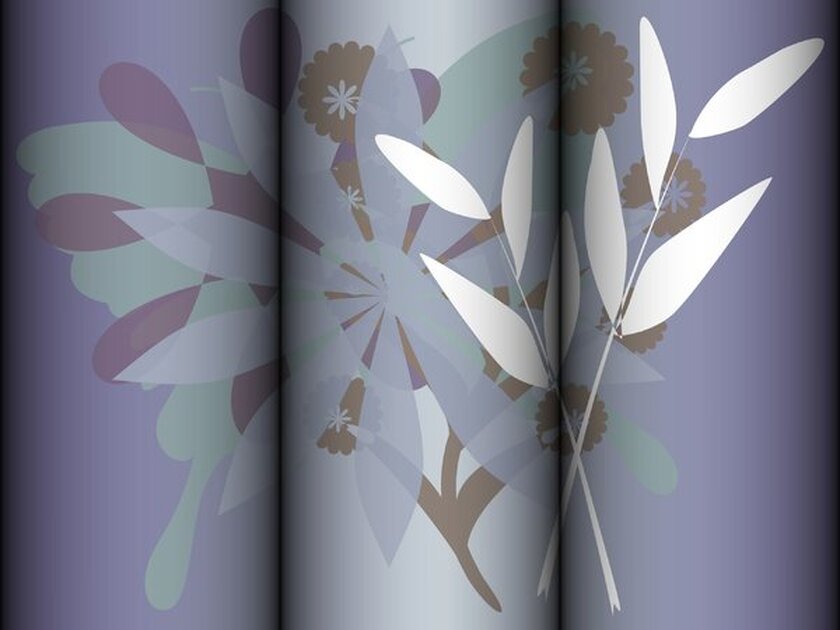
The Rashbam, at the beginning of Amud Aleph, discusses aspects of the kesuba (Jewish marriage contract) that make it different from other debts. It has limitations on lien enforcement and variations in collection power, partly reflecting a reality observed by the Rabbis in social patterns. Recognizing that women—due to lower earning potential and other economic disadvantages—might experience vulnerability after marriage, the Rabbis ensured a financial obligation to protect them in case of divorce or widowhood (Kesuvos 56b). However, they balanced this with the sociological reality that excessive financial obligations could discourage men, particularly those with fewer resources, from entering marriage (Kesuvos 36b). As a result, the strength of the kesuba’s lien and collection power fluctuates based on context.
To illustrate the feminine perspective on marriage, the Gemara (Kiddushin 41a) uses a Babylonian aphorism cited by Rashi (Kesuvos 75a and our Rashbam says something similar here): “It is better to live as a duo than to live as a single.” When the Sages use folk aphorisms like this, they often aim to communicate a nuanced insight. The choice of an aphorism here suggests the Sages weren’t only presenting a legal statement; they were also highlighting an enduring psychological reality. Much like saying “a stitch in time saves nine” underscores the wisdom of preventative action, the proverb here acknowledges the instinctual human drive for connection and belonging, particularly in the feminine psyche.
Using this proverb subtly conveys that a woman may often value togetherness over the specifics of a given relationship. She may prioritize attachment security over having every need or preference perfectly met, reflecting a truth about the feminine character. Importantly, this is not meant to stereotype individual men or women; it addresses broad archetypal traits rather than the particular dynamics of any individual marriage. Just as men are generally taller than women, yet any given woman might be taller than her husband, this archetypal insight does not override individual variation. However, these general trends in masculine and feminine drives can guide us in understanding how men and women often relate differently.
The masculine character, which generally exhibits a drive toward action and assertion, does not typically prioritize attachment needs as highly. This contrast helps explain why many women feel comforted when their husbands simply listen to their thoughts and feelings, while men often experience an instinct to “fix” the issue being shared. This drive toward action can make men prone to defensiveness or quick problem-solving when they would actually help more by offering empathy. For a woman, feeling heard and valued often creates the connection she seeks, while for a man, the need to fix may stem from his instinct to protect and assert control, which can lead to a breakdown in communication.
The proverb’s emphasis on connection also sheds light on how the feminine personality might often seek consensus and collaboration. The value placed on attachment security may make a woman more inclined to prioritize harmony in relationships, and to make concessions when she feels emotionally safe and bonded. For a man, empathy and non-assertiveness may feel uncomfortable, especially during conflict, where his instincts might lean toward asserting control or defending his stance. In contrast, a woman’s instinct may be to maintain connection, even if that means sacrificing personal preferences.
Ultimately, an understanding of these archetypal differences can enhance mutual empathy, allowing each partner to see how both attachment and assertion serve as instinctual sources of emotional security. Awareness of these tendencies helps both parties navigate conflicts with a focus on mutual safety and respect, enabling them to collaborate more effectively in meeting each other’s needs.
Translations Courtesy of Sefaria, except when, sometimes, I disagree with the translation ![]()
If you liked this, you might enjoy my Relationship Communications Guide. Click on the link above.
Rabbi Simcha Feuerman, Rabbi Simcha Feuerman, LCSW-R, DHL is a psychotherapist who works with high conflict couples and families. He can be reached via email at simchafeuerman@gmail.com
 Previous
Previous

